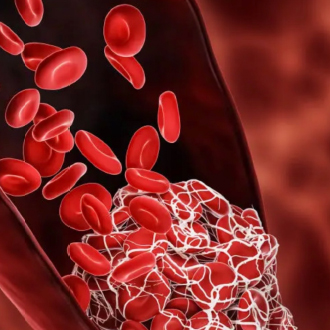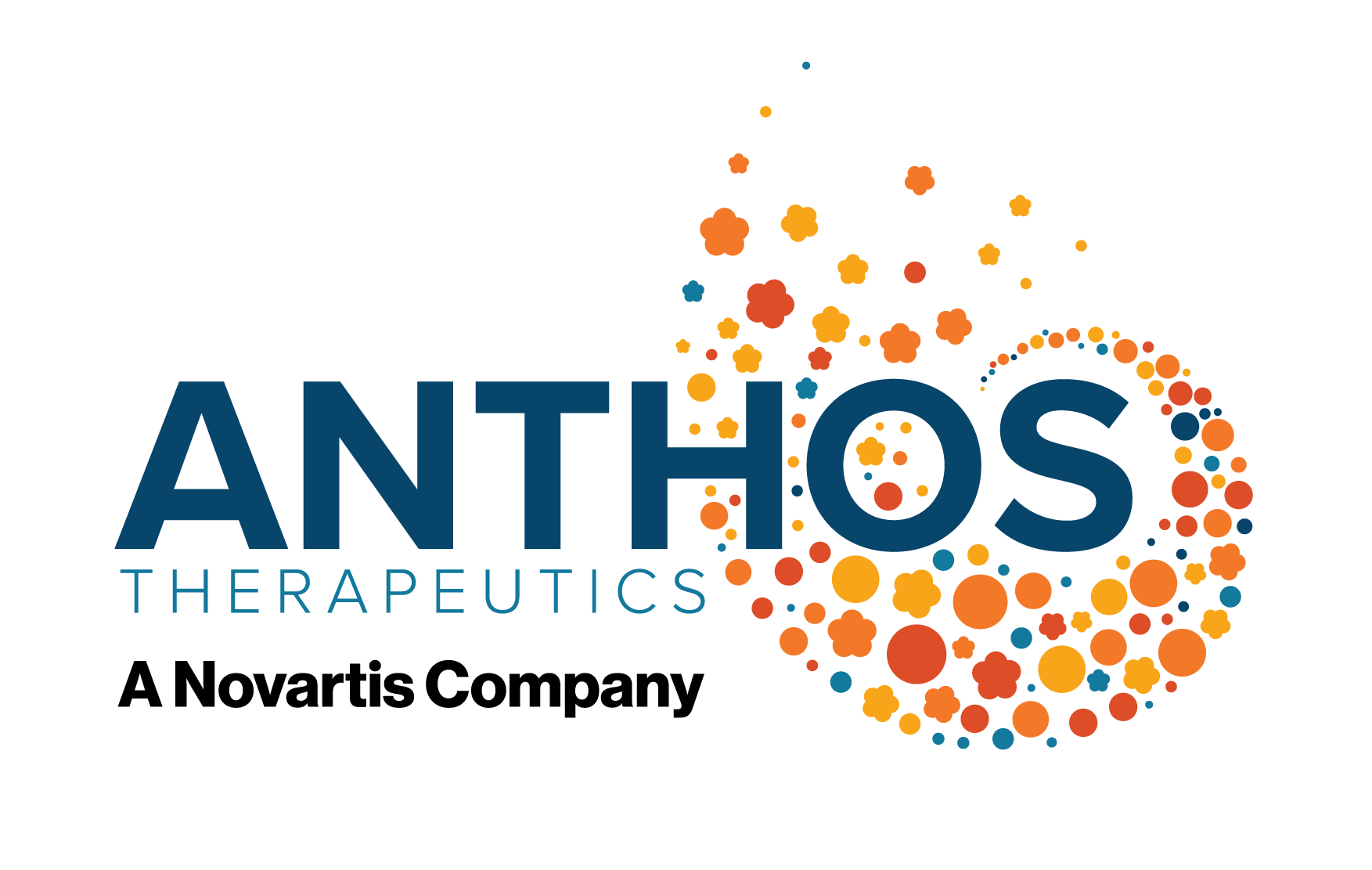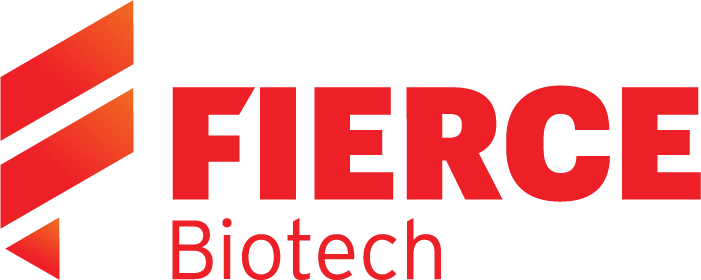Breaking news:
Blackstone Life Sciences and Anthos Therapeutics Announce Novartis has Completed the Acquisition of Anthos Therapeutics in a Deal Valued at
up to $3.1B
Where Patients
Meet Science
“Concerns over therapy-related bleeding undoubtedly contribute to undertreatment of many patients who would benefit from anticoagulant therapy … Based on 70 years of clinical observations of patients lacking FXI, it is anticipated that drugs targeting this protein will cause less severe bleeding than warfarin or DOACs.”
Blood. 2024 Apr 11; 143(15):1465-1475.
Focused on Areas of Unmet Need
More than 1 in 4 people worldwide die from arterial thromboembolic events (ischemic heart disease or stroke). Anthos Therapeutics is highly committed to addressing this and other areas of high unmet need.
Circ Res. 2016; 118, 1340–1347.
Stroke Prevention in Patients with Atrial Fibrillation
40-60% of atrial fibrillation patients do not receive adequate anticoagulant treatment for many reasons, including the risk or fear of bleeding, making it one of the greatest public health issues facing patients with cardiovascular disease
American Heart Journal. 2019; Volume 210, 29-38.


Cancer Associated Thrombosis
After progression of cancer itself, venous thromboembolism (VTE) is the 2nd leading cause of mortality in the cancer population
European Respiratory Review. 2019 Mar; 28 (151) 180119.
The Promise of Factor XI
“The upcoming decade may witness advances in anticoagulant therapy beyond those achieved with the DOACs. Success in targeting FXI could herald an end to the more than 70-year stronghold of thrombin and FXa as targets for anticoagulants.”
Hamostaseologie. 2021 Apr, 41(2):104-110.
Abelacimab:
A Novel Anticoagulant
“Based on the available evidence, abelacimab appears to epitomize its promise as a hemostasis-sparing anticoagulant and could represent a paradigm shift in the prevention of stroke and other thrombotic conditions.”
Intern Emerg Med. 2024 May.
Abelacimab is an investigational agent and is not approved for any indication in any country
Abelacimab mechanism of action







